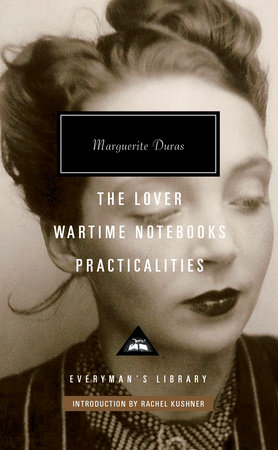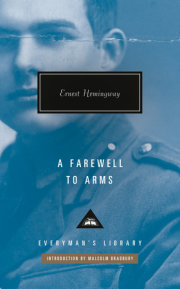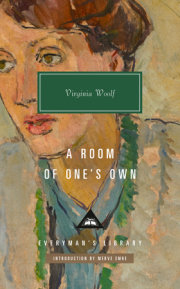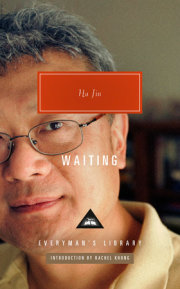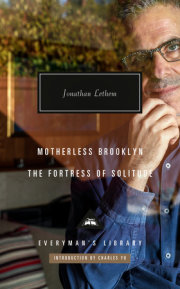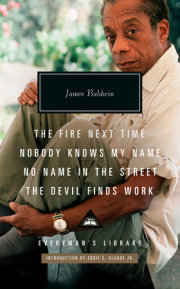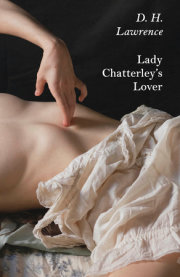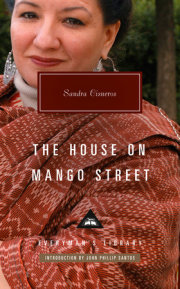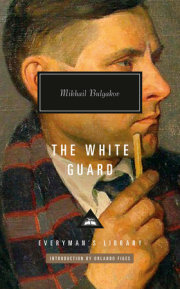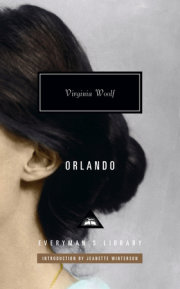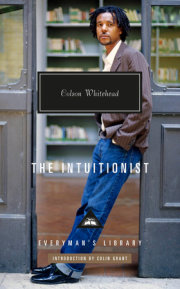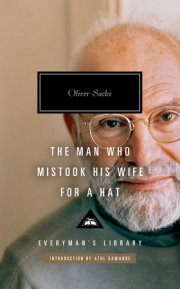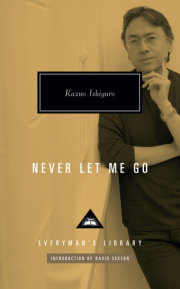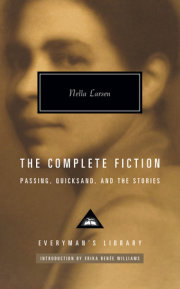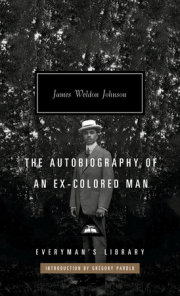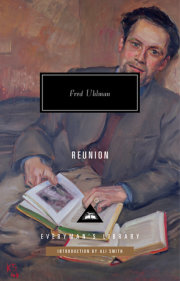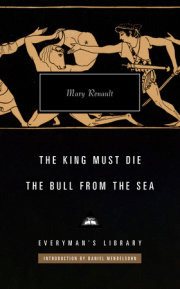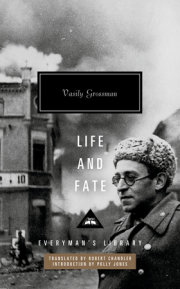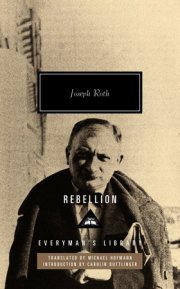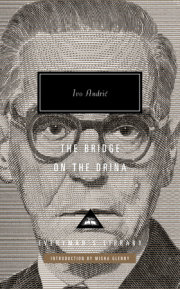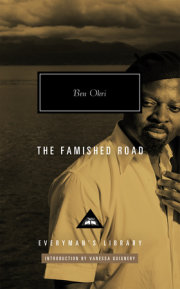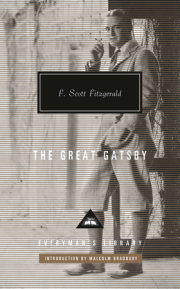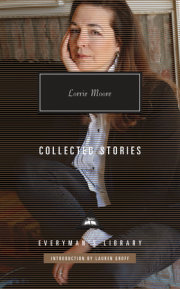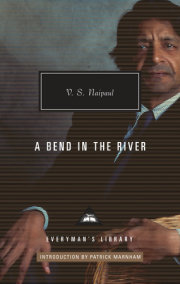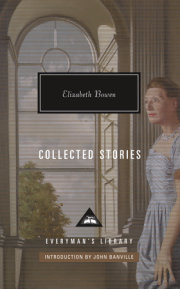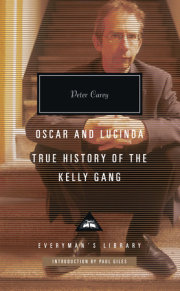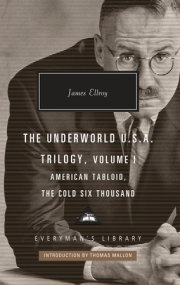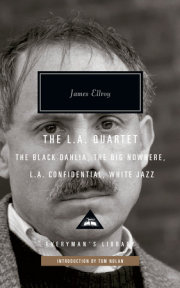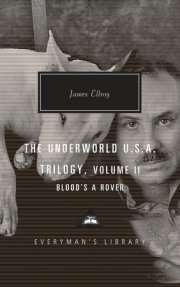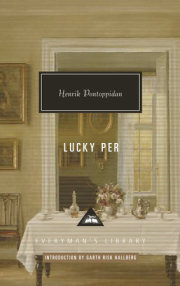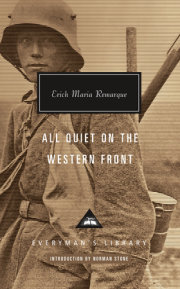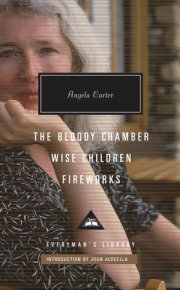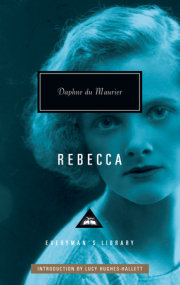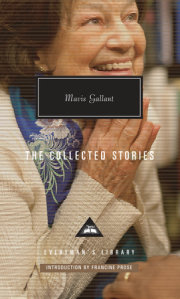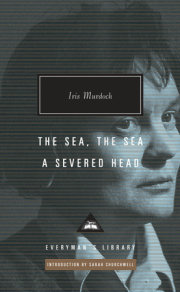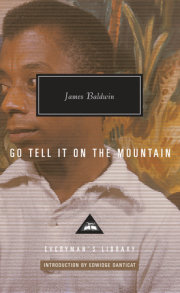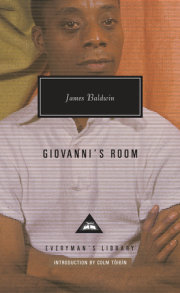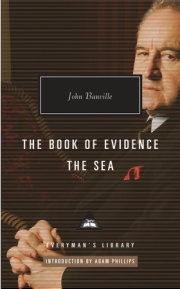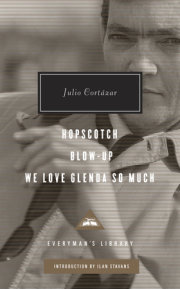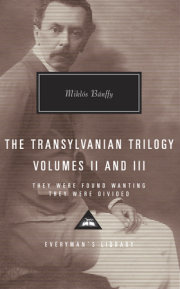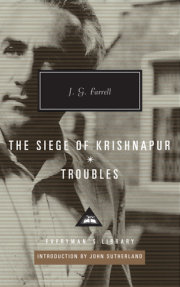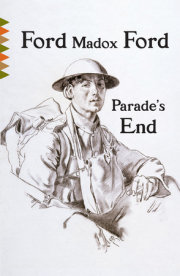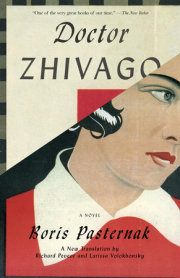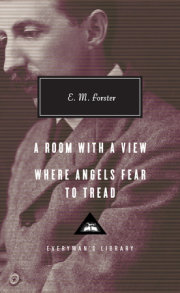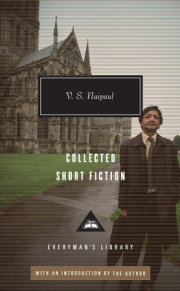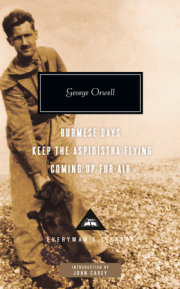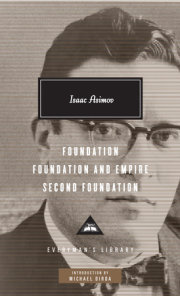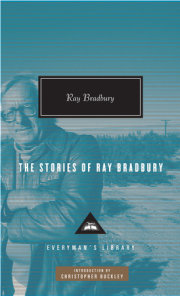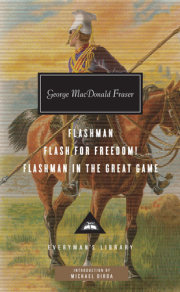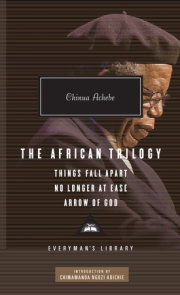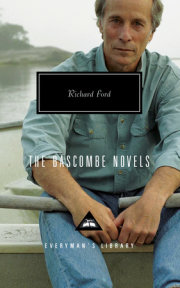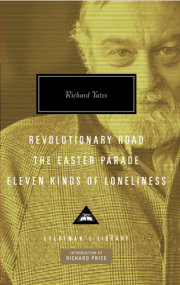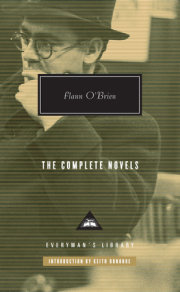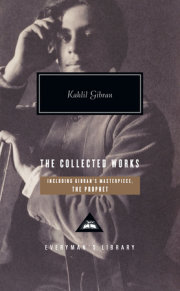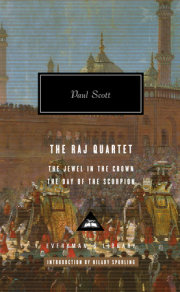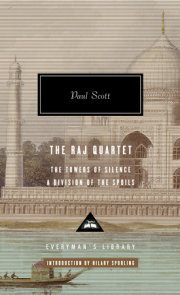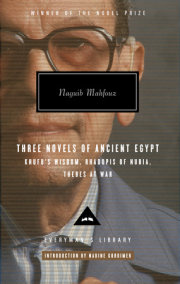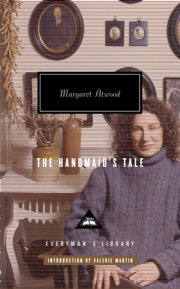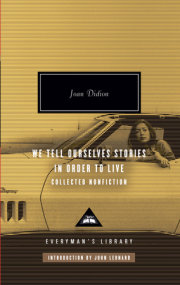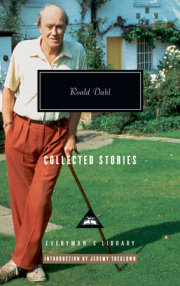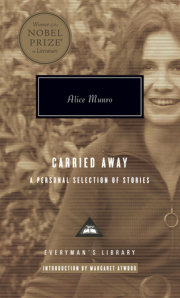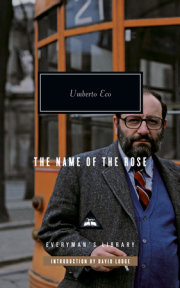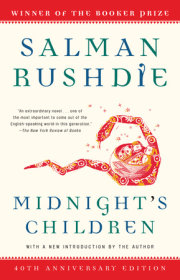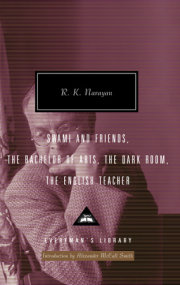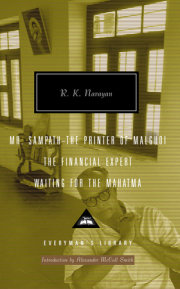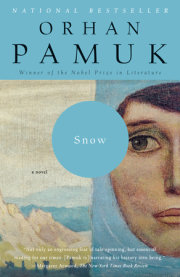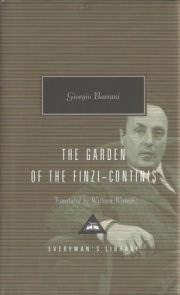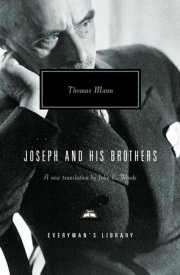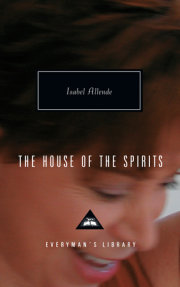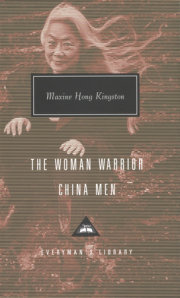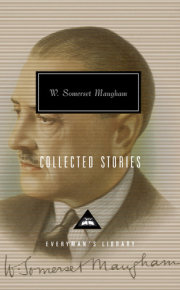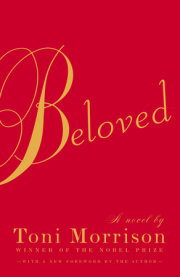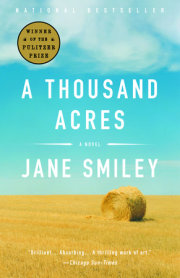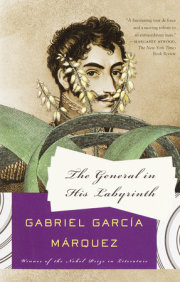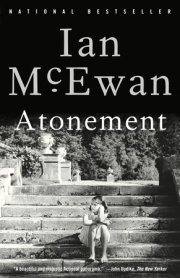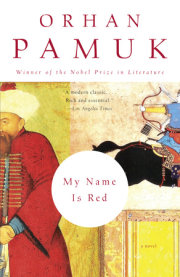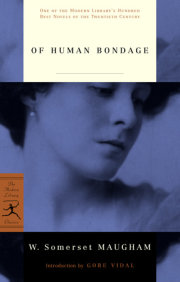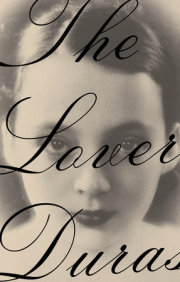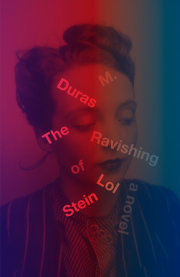Excerpt from THE LOVER:
One day, I was already old, in the entrance of a public place a man came up to me. He introduced himself and said: ‘I’ve known you for years. Everyone says you were beautiful when you were young, but I want to tell you I think you’re more beautiful now than then. Rather than your face as a young woman, I prefer your face as it is now. Ravaged.’
I often think of the image only I can see now, and of which I’ve never spoken. It’s always there, in the same silence, amazing. It’s the only image of myself I like, the only one in which I recognize myself, in which I delight.
Very early in my life it was too late. It was already too late when I was eighteen. Between eighteen and twenty-five my face took off in a new direction. I grew old at eighteen. I don’t know if it’s the same for everyone. I’ve never asked. But I believe I’ve heard of the way time can suddenly accelerate on people when they’re going through even the most youthful and highly esteemed stages of life. My ageing was very sudden. I saw it spread over my features one by one, changing the relationship between them, making the eyes larger, the expression sadder, the mouth more final, leaving great creases in the forehead. But instead of being dismayed I watched this process with the same sort of interest Imight have taken in the reading of a book. And I knew I was right, that one day it would slow down and take its normal course. The people who knew me at seventeen, when I went to France, were surprised when they saw me again two years later, at nineteen. And I’ve kept it ever since, the new face I had then. It has been my face. It’s got older still, of course, but less, comparatively, than it would otherwise have done. It’s scored with deep, dry wrinkles, the skin is cracked. But my face hasn’t collapsed, as some with fine features have done. It’s kept the same contours, but its substance has been laid waste. I have a face laid waste.
So, I’m fifteen and a half.
It’s on a ferry crossing the Mekong river.
The image lasts all the way across.
I’m fifteen and a half, there are no seasons in that part of the world,we have just the one season, hot, monotonous,we’re in the long hot girdle of the earth, with no spring, no renewal.
I’m at a state boarding school in Saigon. I eat and sleep there, but I go to classes at the French high school. My mother’s a teacher and wants her girl to have a secondary education. ‘You have to go to high school.’ What was enough for her is not enough for her daughter. High school and then a good degree in mathematics. That was what had been dinned into me ever since I started school. It never crossedmymind I might escape the mathematics degree, I was glad to give her that hope. Every day I saw her planning her own and her children’s future. There came a time when she couldn’t plan anything very grand for her sons any more, so she planned other futures, makeshift ones, but they too served their purpose, they blocked in the time that lay ahead. I remember my younger brother’s courses in book-keeping. From the Universal Correspondence School – every year, every level. You have to catch up, my mother used to say. It would last for three days, never four. Never.We’d drop the Universal School whenever my mother was posted to another place. And begin again in the next. My mother kept it up for ten years. It wasn’t any good. My younger brother became an accountant’s clerk in Saigon. There was no technical school in the colonies; we owed my elder brother’s departure for France to that. He stayed in France for several years to study at the technical school. But he didn’t keep it up. My mother must have known. But she had no choice, he had to be got away from the other two children.
For several years he was no longer part of the family. It was while he was away that my mother bought the land, the concession. A terrible business, but for us, the children who were left, not so terrible as the presence of the killer would have been, the child-killer of the night, of the night of the hunter.
I’ve often been told it was because of spending all one’s childhood in too strong a sun. But I’ve never believed it. I’ve also been told it was because being poor made us brood. But no, that wasn’t it. Children like little old men because of chronic hunger, yes. But us, no, we weren’t hungry. We were white children, we were ashamed, we sold our furniture but we weren’t hungry, we had a houseboy and we ate. Sometimes, admittedly, we ate garbage, storks, baby crocodiles, but the garbage was cooked and served by a houseboy, and sometimes we refused it, too, we indulged in the luxury of declining to eat. No, something occurred when I was eighteen to make this face happen. It must have been at night. I was afraid of myself, afraid of God. In the daylight I was less afraid, and death seemed less important. But it haunted me all the time. I wanted to kill – my older brother, I wanted to kill him, to get the better of him for once, just once, and see him die. I wanted to do it to remove from my mother’s sight the object of her love, that son of hers, to punish her for loving him so much, so badly, and above all – as I told myself, too – to save my younger brother, my younger brother, my child, save him from the living life of that elder brother superimposed on his own, from that black veil over the light, from the law which was decreed and represented by the elder brother, a human being, and yet which was an animal law, filling every moment of every day of the younger brother’s life with fear, a fear that one day reached his heart and killed him.
I’ve written a good deal about the members of my family, but then they were still alive, my mother and my brothers. And I skirted around them, skirted around all these things without really tackling them.
The story of my life doesn’t exist. Does not exist. There’s never any centre to it. No path, no line. There are great spaces where you pretend there used to be someone, but it’s not true, there was no one. The story of one small part of my youth I’ve already written, more or less – I mean, enough to give a glimpse of it. Of this part, I mean, the part about the crossing of the river. What I’m doing now is both different and the same. Before, I spoke of clear periods, those on which the light fell. Now I’m talking about the hidden stretches of that same youth, of certain facts, feelings, events that I buried. I started to write in surroundings that drove me to reticence. Writing, for those people, was still something moral. Nowadays it often seems writing is nothing at all. Sometimes I realize that if writing isn’t, all things, all contraries confounded, a quest for vanity and void, it’s nothing. That if it’s not, each time, all things confounded into one through some inexpressible essence, then writing is nothing but advertisement. But usually I have no opinion, I can see that all options are open now, that there seem to be no more barriers, that writing seems at a loss for somewhere to hide, to be written, to be read. That its basic unseemliness is no longer accepted. But at that point I stop thinking about it.
Now I see that when I was very young, eighteen, fifteen, I already had a face that foretold the one I acquired through drink in middle age. Drink accomplished what God did not. It also served to kill me; to kill. I acquired that drinker’s face before I drank. Drink only confirmed it. The space for it existed in me. I knew it the same as other people, but, strangely, in advance. Just as the space existed in me for desire. At the age of fifteen I had the face of pleasure, and yet I had no knowledge of pleasure. There was no mistaking that face. Evenmy mother must have seen it. My brothers did. That was how everything started for me – with that flagrant, exhausted face, those rings round the eyes, in advance of time and experience.
I’m fifteen and a half. Crossing the river. Going back to Saigon I feel I’m going on a journey, especially when I take the bus, and this morning I’ve taken the bus from Sadec, where my mother’s the head-mistress of the girls’ school. It’s the end of some school vacation, I forget which. I’ve spent it in the little house provided with my mother’s job. And today I’m going back to Saigon, to the boarding school. The native bus left from the market place in Sadec. As usual my mother came to see me off, and put me in the care of the driver. She always puts me in the care of the Saigon bus drivers, in case there’s an accident, or a fire, or a rape, or an attack by pirates, or a fatal mishap on the ferry. As usual the driver had me sit near him in the front, in the section reserved for white passengers.
I think it was during this journey that the image became detached, removed from all the rest. It might have existed, a photograph might have been taken, just like any other, somewhere else, in other circumstances. But it wasn’t. The subject was too slight. Who would have thought of such a thing? The photograph could only have been taken if someone could have known in advance how important it was to be in my life, that event, that crossing of the river. But, while it was happening, no one even knew of its existence. Except God. And that’s why – it couldn’t have been otherwise – the image doesn’t exist. It was omitted. Forgotten. It never was detached or removed from all the rest. And it’s to this, this failure to have been created, that the image owes its virtue: the virtue of representing, of being the creator of, an absolute.
So it’s during the crossing of a branch of the Mekong, on the ferry that plies between Vinh Long and Sadec in the great plain of mud and rice in southern Cochin-China. The Plain of the Birds.
I get off the bus. I go over to the rails. I look at the river. My mother sometimes tells me that never in my whole life shall I ever again see rivers as beautiful and big and wild as these, the Mekong and its tributaries going down to the sea, the great regions of water soon to disappear into the caves of ocean. In the surrounding flatness stretching as far as the eye can see, the rivers flow as fast as if the earth sloped downwards.
I always get off the bus when we reach the ferry, even at night, because I’m always afraid, afraid the cables might break and we might be swept out to sea. In the terrible current I watch my last moments. The current’s so strong it could carry everything away – rocks, a cathedral, a city. There’s a storm blowing inside the water. A wind raging.
I’m wearing a dress of real silk, but it’s threadbare, almost transparent. It used to belong to my mother. One day she decided the colour was too bright for her and she gave it to me. It’s a sleeveless dress with a very low neck. It’s the sepia colour real silk takes on with wear. It’s a dress I remember. I think it suits me. I’m wearing a leather belt with it, perhaps a belt belonging to one of my brothers. I can’t remember the shoes I used to wear in those days, only certain dresses. Most of the time I wore canvas sandals, no stockings. I’m speaking of the time before the high school in Saigon. Since then, of course, I’ve always worn shoes. This particular day I must be wearing the famous pair of gold lame´ high heels. I can’t see any others I could have been wearing, so I’m wearing them. Bargains, final reductions bought for me by my mother. I’m wearing these gold lame´ shoes to school. Going to school in evening shoes decorated with little
diamante´ flowers. I insist on wearing them. I don’t like myself in any others, and to this day I still like myself in them. These high heels are the first in my life, they’re beautiful, they’ve eclipsed all the shoes that went before, the flat ones, for playing and running about, made of white canvas.
It’s not the shoes, though, that make the girl look so strangely, so weirdly dressed. No, it’s the fact that she’s wearing a man’s flat-brimmed hat, a brownish-pink fedora with a broad black ribbon.
The crucial ambiguity of the image lies in the hat.
Copyright © 2017 by Marguerite Duras; Introduction by Rachel Kushner. All rights reserved. No part of this excerpt may be reproduced or reprinted without permission in writing from the publisher.

